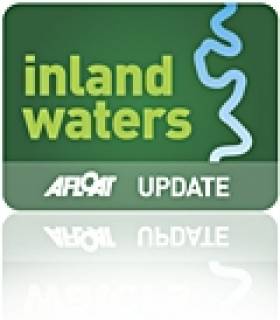Displaying items by tag: DNA
#INLAND WATERWAYS - Inland Fisheries Ireland (IFI) has announced the results of studies on the genetic makeup of brown trout stocks in the Suir and Boyne river catchments.
These studies form part of a wider scheme looking at Ireland's larger riverine catchments - assisted by the Office of Public Works, geneticists from UCD and trout anglers across Ireland - and involve a chemical analysis of scale samples from fish known as 'micro-satellite DNA analysis'.
The results from the Suir and Boyne are described by IFI as "quite amazing" and "of significant value" to managing the fisheries in these areas.
In both catchments, the first step saw trout stock samples of young fish examined genetically, and they were shown to be discrete - in other words, fish from any given tributary were found to be genetically different to those from others.
The next step involved samples of adult fish from the main river, contributed by anglers, which were then related to the different tributary genetic types.
Summary results from the Suir and Boyne show that there are respectively seven and five distinct families of trout in the catchment area; that most fish born in tributaries migrate to the main stem till adulthood before returning to their tributaries to spawn; that numbers migrating from individual tributaries are variable, but fish don't cross into adjacent catchment areas; and that there movement of young trout along the river system is "extraordinary", with fish often migrating from near the source to the mouth.
More details on findings for the Suir catchment and Boyne catchment are available on the IFI website.






























































